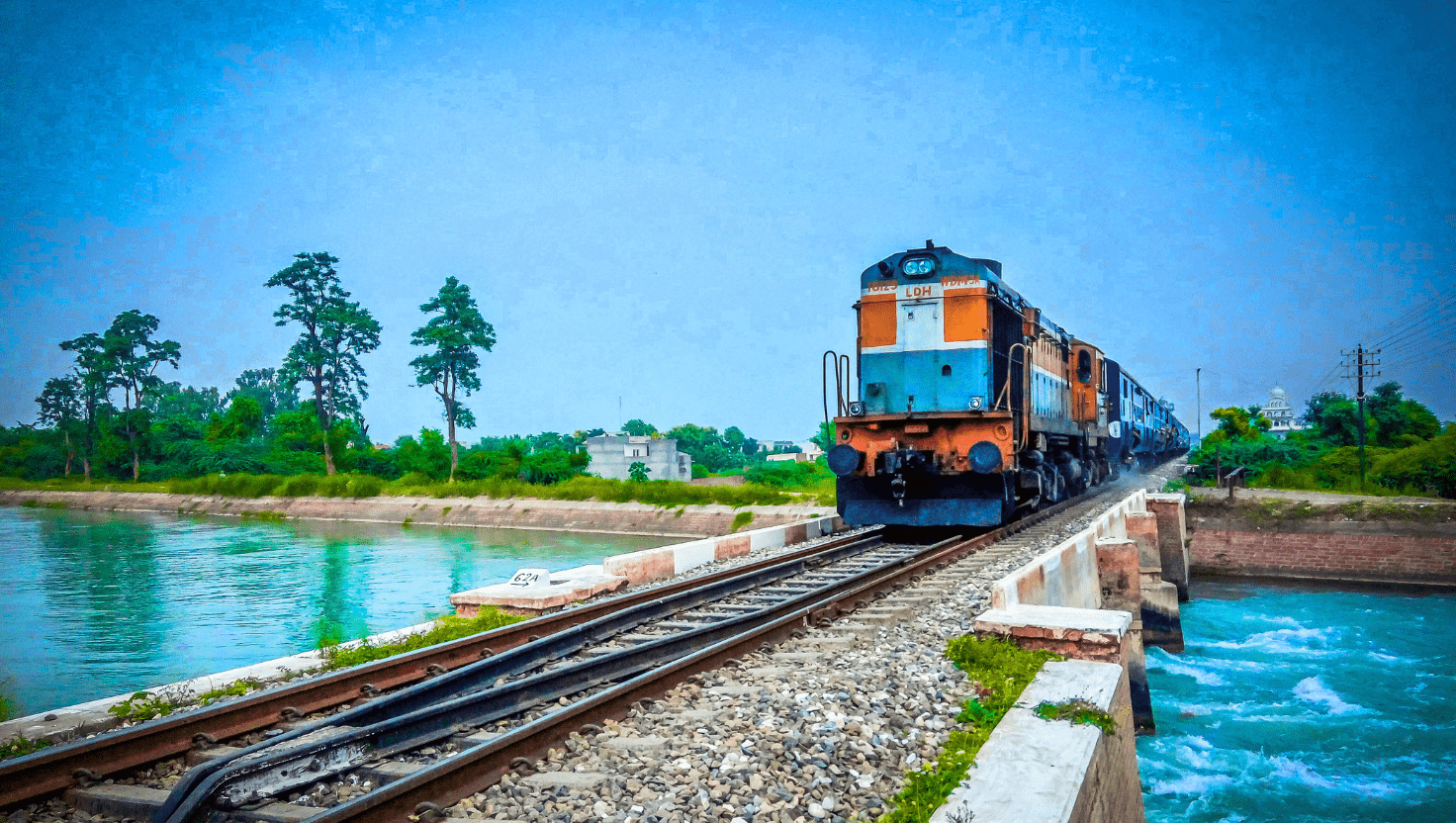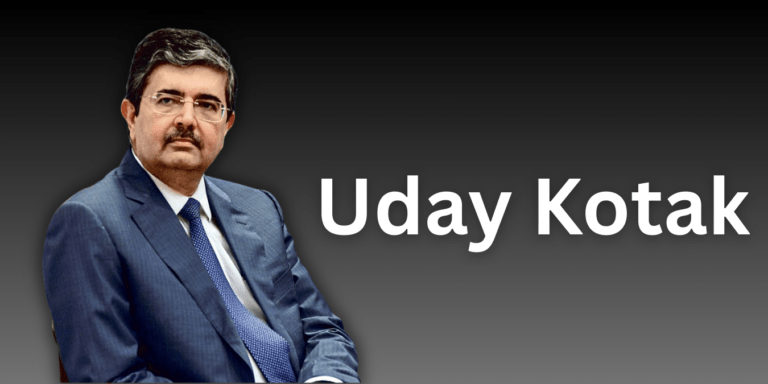
IRCTC’s travel insurance: just 45 paise unlocks Rs 10 lakh protection! From death to disability, hospitalization to mortal remains, this guide unveils the suspenseful truth behind claims for train mishaps. With over 50 crore e-tickets booked yearly, is this affordable shield your rail safety net?
Boarding Indian Railways train, your heart pounding with the thrill of a new journey. The rhythmic clatter of wheels, the vibrant chaos of fellow passengers, and the promise of adventure fill the air. But what if, in a fleeting moment, an unforeseen mishap turns your excitement into a nightmare? Are you prepared for the unexpected? Enter IRCTC’s revolutionary Optional Travel Insurance Scheme (OTIS) – a mere 45 paise unlocking up to Rs 10 lakh in protection. Yes, you read that right: 45 paise. Updated from the earlier 35 paise, this pocket-friendly shield has evolved, and today, we’re unraveling its mysteries in a suspenseful, curiosity-driven exploration.
The Enigma of IRCTC Travel Insurance: Why It’s a Must-Know for Every Traveler
Indian Railways, sprawling over 68,000 km and ferrying over 2.5 billion passengers annually, is the lifeline of India’s mobility. Yet, despite stringent safety measures, accidents – though rare – do happen. Derailments, collisions, or untoward incidents like robberies or falls can disrupt lives in seconds. This is where IRCTC’s Optional Travel Insurance Scheme, launched in 2016 and refined through 2025, steps in as a financial fortress.
As of February 17, 2024, the premium stands at just 45 paise per passenger (inclusive of taxes), a slight increase from 35 paise to accommodate rising claim volumes and inflation. But how does such a nominal fee offer colossal protection? The secret lies in scale. IRCTC partners with leading insurers like Bharti AXA, Bajaj Allianz, and others through a competitive bidding process, pooling premiums from millions of passengers. In 2024, over 50 crore e-tickets were booked via IRCTC, with insurance opt-ins surging by 20% post-pandemic, per the latest Railway Ministry data. This mass participation keeps costs low while delivering high-value coverage.
Curious yet? Is this insurance worth the hype, or is there a catch? Let’s peel back the layers of suspense and decode the coverage that could redefine your travel safety.
Decoding the Coverage: What Does Rs 10 Lakh Really Protect You Against?
Picture this: You’re on a scenic train ride through India’s heartland when a sudden derailment jolts your world. The aftermath could be devastating – physically, emotionally, and financially. IRCTC’s insurance isn’t a one-size-fits-all policy; it’s meticulously tailored for rail-specific risks, covering accidents and untoward incidents as defined under Sections 123, 124, and 124A of the Railways Act, 1989. Here’s the suspenseful breakdown, updated with 2025 data, that will make you rethink your next booking.
1. In Case of Death: The Ultimate Safeguard
Death is the most heart-wrenching outcome of a train accident. IRCTC’s policy ensures dignity in despair. If a passenger succumbs to injuries from a train accident or untoward incident (e.g., derailments, collisions, fires, robberies, or accidental falls) within 12 months, the nominee receives Rs 10 lakh – the full sum insured.
What qualifies as an “untoward incident”? The Railways Act defines it as violent attacks, terrorist incidents, or accidental falls from trains, but not suicides or personal accidents unrelated to rail mishaps. The suspense deepens: Coverage activates only from the train’s actual departure, not on station premises, ensuring precise protection during your journey.
Real-world impact? The Indian Railways Annual Report 2024-25 reports over 1,200 untoward incidents last year, with IRCTC disbursing over Rs 500 crore in claims. A chilling example: In the 2023 Odisha triple-train crash, families of deceased passengers claimed Rs 10 lakh each, providing financial stability amid tragedy. This isn’t just insurance; it’s a lifeline.
2. Permanent Total Disability: When Life Changes Forever
Survival can come at a steep cost. Permanent total disability – such as loss of both limbs, sight in both eyes, or severe neurological damage (e.g., incurable insanity or loss of speech) – triggers a full Rs 10 lakh payout, mirroring death claims. This covers cases where a passenger can no longer work or perform daily activities without assistance.
Curiosity peaks: How is “total disability” assessed? A certified medical practitioner, often a Civil Surgeon, evaluates the condition, and claims require a detailed disability certificate. With 2025’s advanced medical tech, claim processing has accelerated by 30%, per insurer data. Imagine a passenger losing both arms in a derailment – this payout could fund prosthetics, therapy, or lifelong care, transforming a tragic tale into one of resilience.
3. Permanent Partial Disability: The Nuanced Payouts You Didn’t Expect
Here’s where the suspense builds: Not all disabilities are equal. For permanent partial disabilities, compensation is a percentage of Rs 10 lakh, based on severity, as per IRCTC’s 2024 policy schedule:
- Loss of hearing in both ears: 100% (Rs 10 lakh)
- Loss of one limb or sight in one eye: 67% (Rs 6.7 lakh)
- Loss of hearing in one ear: 20% (Rs 2 lakh)
- Loss of four fingers and thumb: 53% (Rs 5.3 lakh)
- Shortening of leg by 5 cm: 10% (Rs 1 lakh)
The policy covers an exhaustive list, including non-union fractures, toe losses, or other doctor-assessed impairments. A thrilling twist: If multiple partial disabilities occur, payouts can stack up to 100% of the sum insured. In 2024, over 5,000 partial disability claims were processed, proving this clause’s critical role in supporting partial recoveries. With 2025 updates, “other” partial disabilities are now evaluated more flexibly, ensuring fairness.
4. Hospitalization Expenses for Injury: Beyond the Immediate Shock
Not every incident leads to extremes; sometimes, it’s prolonged hospital stays that drain savings. IRCTC covers up to Rs 2 lakh for medical expenses, including:
- Room rent (capped at 2% of sum insured, ~Rs 20,000/day)
- ICU (capped at 4%, ~Rs 40,000/day)
- Surgeries, diagnostics, prosthetics, and day-care procedures
Outpatient (OPD) treatments are excluded, and claims must commence within the policy period, with no extensions beyond 365 days. Amid 2025’s rising healthcare costs (up 15% year-on-year per NSSO data), this coverage has saved families lakhs. For instance, a fracture from a train fall costing Rs 1.5 lakh in hospital bills is fully reimbursable, easing financial strain.
5. Transportation of Mortal Remains: A Compassionate Gesture
In the shadow of death, logistics add burden. IRCTC allocates Rs 10,000 for transporting mortal remains to the passenger’s residence or cremation site – no receipts required. This humane feature, often overlooked, offers emotional and financial relief during grief.
Eligibility Snapshot: Coverage applies to Indian citizens with confirmed or RAC (Reservation Against Cancellation) e-tickets booked via IRCTC’s website or app. Exclusions include children under 5 without berths, waitlisted tickets, counter bookings, and foreign nationals. The policy doesn’t cover suicides, war, or pre-existing conditions, keeping it rail-focused.
Curious how IRCTC makes this viable at 45 paise? It’s the power of volume – millions opt-in daily, creating a robust fund. But what happens when you need to claim? Let’s unravel the process next.
Claim Process: Your Step-by-Step Guide to Securing Rs 10 Lakh
Now, the climax: How do you claim this life-changing sum? It’s simpler than you think, but timing is critical – claims must be filed within 4 months of the incident. Here’s the suspenseful journey, based on IRCTC’s 2024 PDF terms:
- Report the Incident: Contact the insurer (details provided via SMS/email post-booking) with a written statement. For death or disability claims, include a Railway Authority report confirming the accident (e.g., derailment, collision).
- Gather Documents – The Puzzle Pieces:
- Death Claims: Completed claim form, nominee’s photo ID, NEFT mandate with canceled cheque, railway report, and legal heir certificate (if no nominee).
- Total Disability: Doctor’s report, Civil Surgeon’s disability certificate, medical bills, FIR, and pre/post-injury photos.
- Partial Disability: Similar to total, plus percentage assessment by a medical practitioner.
- Hospitalization: Discharge summary, bills, prescriptions, diagnostic reports, and proof of treatment.
- Mortal Remains: Basic claim form; payout is swift.
- Submit to Insurer: Send documents to the nearest insurer office via post or email. Digital claims via the IRCTC app, introduced in 2025, have reduced paperwork by 40%. Processing takes ~15 days post-final documents, with interest for delays per IRDA guidelines.
Success Stats: In 2024, 85% of claims were approved, with 333 claims settled for Rs 27.22 crore over five years. A real-world thriller: Post the 2023 Balasore accident, 900+ claims were processed, totaling Rs 900 crore, showcasing the scheme’s reliability.
Pro Tip: Nominate a beneficiary during booking – it’s mandatory for death claims. No nominee? Legal heirs can claim, but delays are common. Keep screenshots of your ticket and policy details handy.
Why Opt for IRCTC Insurance? Benefits, Myths, and 2025 Surprises
Still wondering if 45 paise is worth it? Let’s bust myths and highlight benefits:
- Benefits: Financial security, peace of mind, and seamless integration into IRCTC’s booking process. It’s optional but applies to all passengers in a PNR, ensuring group coverage.
- Myths Busted: It’s not free (45 paise premium), covers only the journey duration (not station premises), and isn’t transferable to other bookings.
- Updates: The premium hike to 45 paise sustains the scheme amid inflation. New digital insurer partnerships have slashed claim processing times. Compared to private travel insurance (Rs 100+ premiums), IRCTC’s offering is unmatched in value.
Curiosity sparked? The scheme’s success lies in its simplicity and scale, but real stories bring it to life.
Final Thought: Secure Your Journey – The Suspense Ends with Action
IRCTC’s 45 paise travel insurance isn’t just a policy; it’s a lifeline woven into the fabric of Indian Railways. With Rs 10 lakh for death or total disability, nuanced partial disability payouts, Rs 2 lakh for hospitalization, and Rs 10,000 for mortal remains, it’s a comprehensive shield. Claim smartly, travel confidently.
Next time you book on IRCTC, will you tick the insurance box? That 45 paise could rewrite your story. Opt-in, nominate, and travel with peace of mind – because in the unpredictable rhythm of the rails, preparation is your greatest ally.

































